Addiction
Addiction Is Not a Crime but Can Lead to Them, Revisited
A person is 130 times more likely to overdose after release from jail.
Posted December 22, 2019
I believe we are always doing the best we can. I call this our I-M. This is who I am and I Matter.
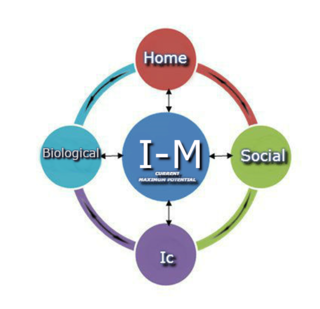
Our I-M is always adapting to Four Domains. Our Home Domain, our Social Domain, our Biological Domain of our brain and body, and our Ic Domain, or how I see myself and how I think other people see me. Using the I-M lens there is no pathology. There is only our I-M, doing the best we can at this moment in time, adapting to a shift in any of the Domains to another I-M.
In the immediate two weeks after release from jail or prison, individuals are 130 times more likely to die from an overdose than the general population [1].
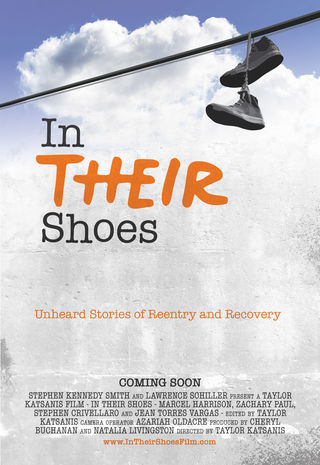
The recent documentary "In Their Shoes: Unheard Stories of Reentry and Recovery" introduces the “men whose lives intersect in a prison reentry and addiction recovery creative writing program.” Two of these men (Zach and Stephen) and two of the co-producers of the film (Cheryl Buchanan and Stephen Kennedy Smith) were my guests on The Dr. Joe Show, exploring who we are and why we do what we do. The four represented the many others that were involved in the creation of this award-winning documentary, including the Executive Producer James Wahlberg.
Between them, Zach and Stephen served almost ten years of jail-time. We didn’t focus on why they were in jail, but on what happened when they got out. Both men had been challenged by addiction. Prison is often used as a metaphor for addiction. A person's freedom is taken due to their actions, but all too often this metaphor is extended and the addict becomes a criminal.
Addiction is not a crime but it can lead to crimes.
To support their drug habit, Zach and Stephen committed crimes, were held responsible, served their time, and were then released.
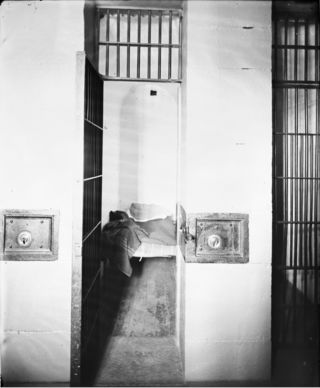
They were released back into a social domain with all the same triggers, a biological domain primed for potential relapse, a home domain that required much repair, and an Ic domain that was at risk for one of the great risk factors for substance use: low self-esteem. Addiction is not about morality, it is about biology and the way the brain works.
But a small change happened. Cheryl Buchanan and her non-profit group, Writers Without Margins, “dedicated to the fusion of art and advocacy” offered a writing workshop, free of charge. Co-founded with Stephen Kennedy Smith, Writers Without Margins uses the written word to amplify the voices of “those isolated by the challenges of addiction recovery, trauma, poverty, disability, and mental illness — through free, collaborative writing workshops, public readings, and publication opportunities intended to empower community, amplify the voices of individuals, and to share stories with the world.”
Zach and Stephen chose to participate in one of those writing groups.
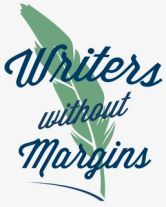
Both men faced challenges readjusting to the social and home domains and could still get triggered in the biological domain. Writing about their personal experiences shifted their brains away from the impulsive limbic system to that combined creativity where the prefrontal cortex harnesses the memory and emotion of the limbic system and creates art.
Study after study have shown how the creative arts can help someone overcome addiction. The creative productive expression of powerful and potentially dangerous emotions can be channeled into constructing an external manifestation of an internal process. And this product can then be shared with the world and we can then be in their shoes. So we can, at least for a moment, appreciate their perspective, their I-M.
We use writing prompts as one of our creative tools in Drug Story Theater (DST).
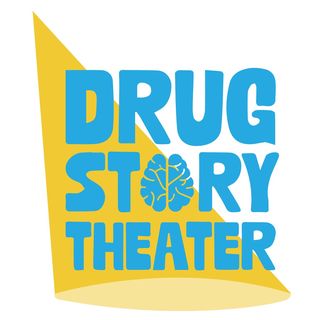
We eventually put these “tells” into “show” using psychodrama, by creating shows based on the experiences of DST teens. Our Middle School show, Second chances, used the following writing prompt which you can try if you like. After each prompt you can write as much or as little as you like until done. (Hint: don’t edit anything until later. Just write!)
Once upon a time there was ___. Every day, ___. One day ___. Because of that, ___. Because of that, ___. Until finally ___. (Try it and share as a comment if you like!)
One of the tenets of Drug Story Theater, which I often remind our participants, is that they can “Contribute to Society to Help with Your Sobriety”. This is just as applicable to the authors in Writers without Margins. By courageously sharing their stories despite the risk of being judged as less than, as broken, as an addict, these people in recovery reclaim respect and value. Stephen spoke of this on the show: as he wrote in the workshops, as people believed in him, he began to believe in himself. Writers Without Margins reminded him of his value. He wanted what all of us want, to simply feel valued by somebody else. At each and every moment in time, we can remind someone of their value and when we do, we increase our own value. That is one of the core foundations of The I-M Approach.
Addiction is not a crime but can lead to them. And one of the greatest crimes is when we turn our backs on those in need. I truly believe that when we walk in their shoes, or perhaps, read their stories, we need not turn our back on them.
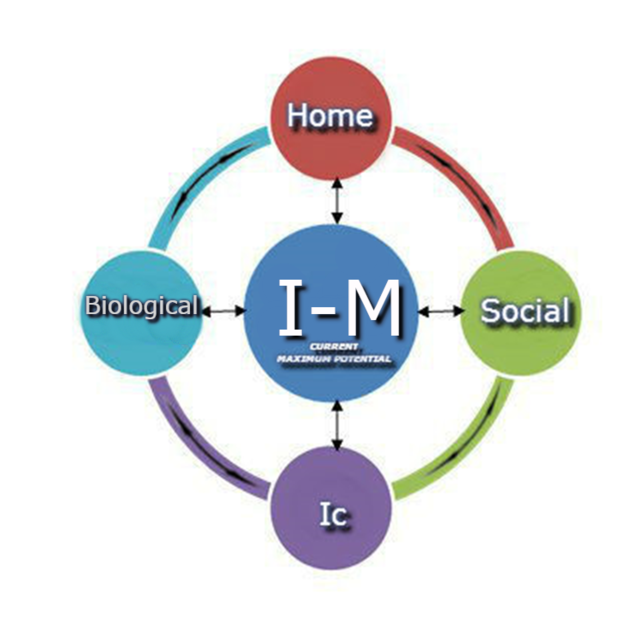
References
[1] Joudrey, P.J., Khan, M.R., Wang, E.A. et al. A conceptual model for understanding post-release opioid-related overdose risk. Addict Sci Clin Pract 14, 17 (2019)
In Their Shoes: Unheard Stories of Reentry and Recovery.
Run time: 71 minutes Release date September 22, 2019, Boston Film Festival
Produced by Wahl St. Productions in association with Writers Without Margins
Writers Without Margins. Volume III The Lost and Found Edition. Editor Cheryl Buchanan. 2018 TPI Solutions Ink




